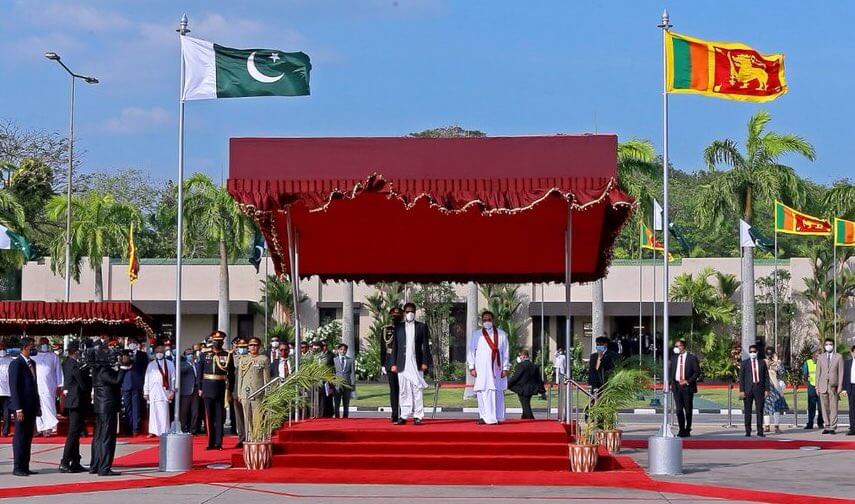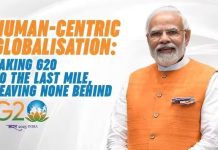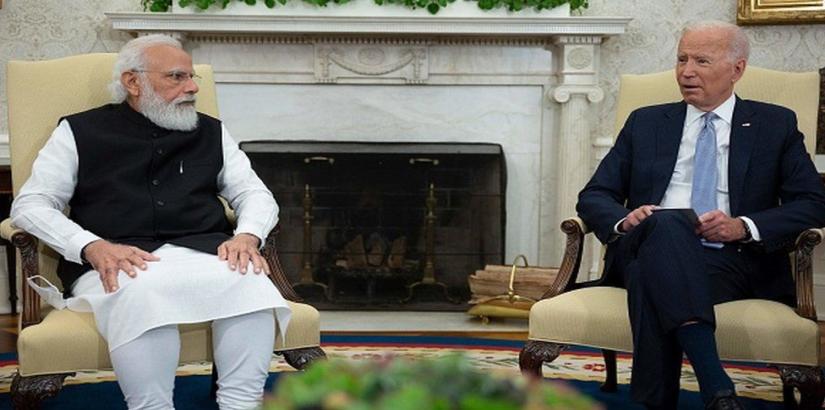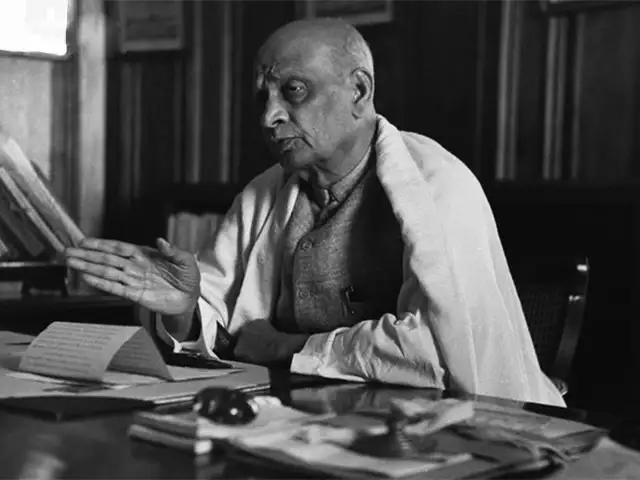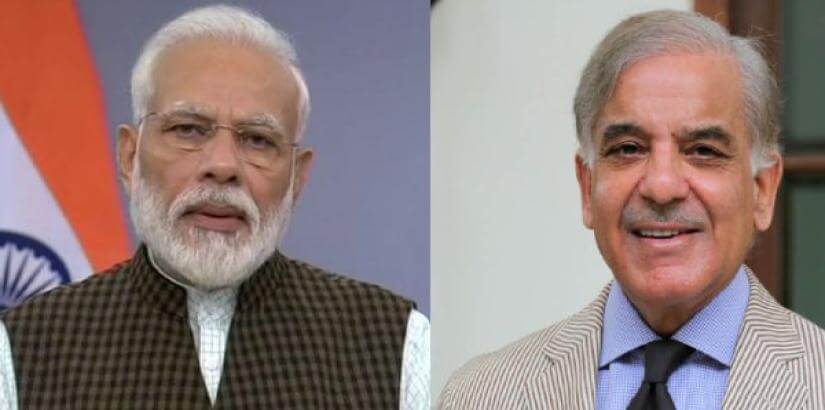Amjad Ayub Mirza
Pakistan’s Prime minister Imran Khans attempt to bluff his way into appeasing the Sri Lanka government and her people during his two-day visit on February 23 has back-fired. His attempt to sell himself as an ambassador of Belt and Road Initiative and its secondary project known as CPEC, a crusader of the Muslim ummah so that he could boost his image both at home and to the international money lenders and foreign investors has proven nothing more than a Kick-in-the-teeth for Imran Khan.
Not only that he was denied a much publicized opportunity to address the Sri Lankan Parliament, he had to haggle with the Sri Lankan government to be allowed to meet Muslim members of Sri Lankan parliament before a selected few were granted an audience with Imran Khan.
Pakistan is desperate to attract foreign investment into its economy. Yet its foreign direct investment has shrunk by a third and CPEC is going nowhere. The Financial Action Task Force has blatantly refused to take Pakistan out of the Grey list. Pakistan economy is moving in only one direction: downward.
Pakistan’s pleas to Sri Lanka to sign a Joint Communiqué for Maritime Cooperation, commercial activities between Gwadar and Sri Lankan ports and discussions regarding holding the 19th SAARC Summit in Islamabad were all politely turned down by the Sri Lankan government.
Imran Khan’s attempts to lure Sri Lanka into investing in the CPEC project led to nowhere. The Sri Lankan did not buy his sales pitch that by joining CPEC Sri Lanka would gain access to the central Asia. Sri Lanka is already part of the Chinese Belt and Road Initiative and the experience has not been very promising since.
Sri Lanka had to lease its port to China for 99 years as a penalty for being unable to pay back Chinese loans.
Imran khan bid to promote Pakistan as a destination for Buddhist tourism also did not make headway. Pakistan officially never condemned the destruction of Buddha statues in Bamiyan in Afghanistan that were dynamited by the Taliban and many of the archeological relics of Buddha at the Taxila museum have reportedly been stolen.
A depressed Imran Khan could not even muster up enough courage to raise the issue of Covid 19 Muslim that were cremated. His request to address the Sri Lankan Parliament and the Lakshaman Kadirgamar Institute of International Relations and Strategic Studies were courteously dropped by the Sri Lankan government at the last minute due to fear of using the Sri Lankan parliament as a platform for Pakistan’s so called ‘Kashmir cause’.
Sri Lankan government was also fearful of an unpredictable Imran Khan that he might just turn around and start to criticize Sri Lanka’s Buddhist majority for treating Muslim minority with ‘prejudice’. Foreseeing a humiliating trip the Pakistan acting High Commissioner Tanvir Ahmed had very rightly suggested that the Prime minister should cancel his trip.
The terror factor also played its role in the Sri Lankan resolve to downplay Imran Khan’s visit to their country. Sri Lankan government was aware of Pakistani diplomat Amir Zubair Siddique’s involvement in planning terror attacks on sensitive defense installations in South India and his reported patronage of terrorists in the Easter Sunday killings in 2019. Nine Pakistani nationals were arrested in connection with the bombings, which claimed 250 innocent lives.
The drug factor is another possible avenue that Sri Lanka has taken into consideration while accommodating Imran Khan’s thrust upon trip. Pakistani drug cartels have been using Sri Lanka as a route to smuggle drugs to Europe through sea-lanes. The money thus earned has been partly used to finance terror activities in Sri Lanka.
The attack on the Sri Lankan cricket team back in 2009 is still fresh in the memory of the Sri Lanka nationalists and general public alike. Sri Lanka cannot afford to have another terror attack causing damage to tourism, which is one of Sri Lanka’s main sources of earning foreign exchange.
In the end for Imran Khan the ‘official’ trip to Sri Lanka proved to be no more than a short break from the worries of domestic politics where he faces a crushing defeat at the senate elections and an impending threat of a long march due on March 26 by the Pakistan Democratic Movement. The only publicity Imran Khan could manage was by tweeting about his visit to the Island.
The fact that none of the controversial issues were even mentioned about in the Pakistani media is a diplomatic triumph for the Sri Lankan government. By not permitting Imran Khan to address her parliament and other institutions of national prestige Sri Lanka has denied Islamabad an opportunity to stir anti- India sentiments in a foreign land and defeated yet another attempt of Pakistani military establishment of rhetorical condemnation of the treatment of Muslims in Sri Lanka while remaining tight lipped about the atrocities that the Uighurs undergo on an daily bases in hundreds of torture and concentration camps dotted across occupied East Turkistan that China calls Xin Jiang.
This is ironical indeed for a nation like Pakistan that prides herself on religion and claims to be the voice of ‘oppressed’ Muslims the world over.
In the final analysis Imran Khan has failed to present Pakistan as a friendly and secure investment destination for the Sri Lankan people and has returned back to Islamabad after receiving a Kick-in-the-teeth of its national pride. IANS

